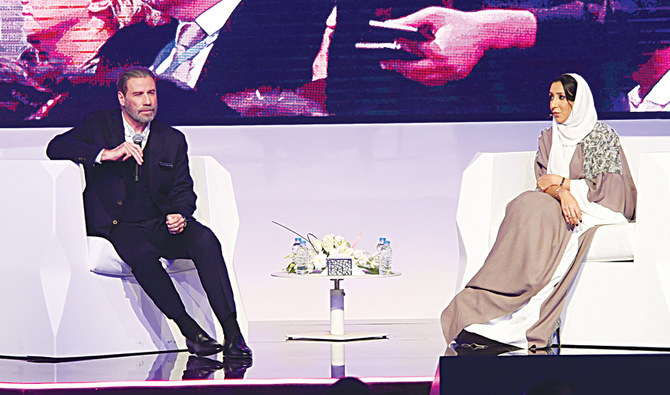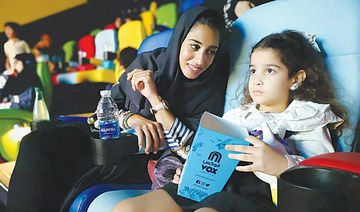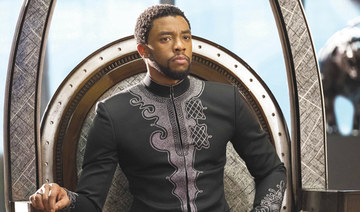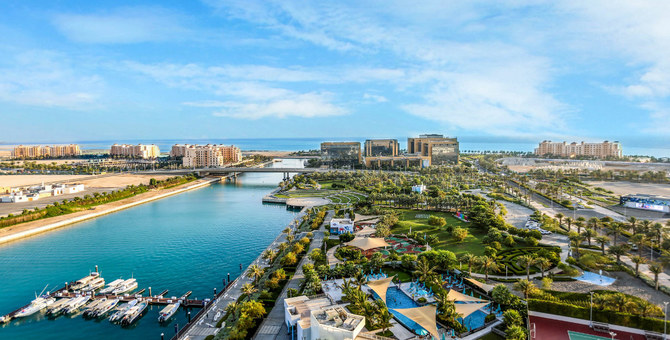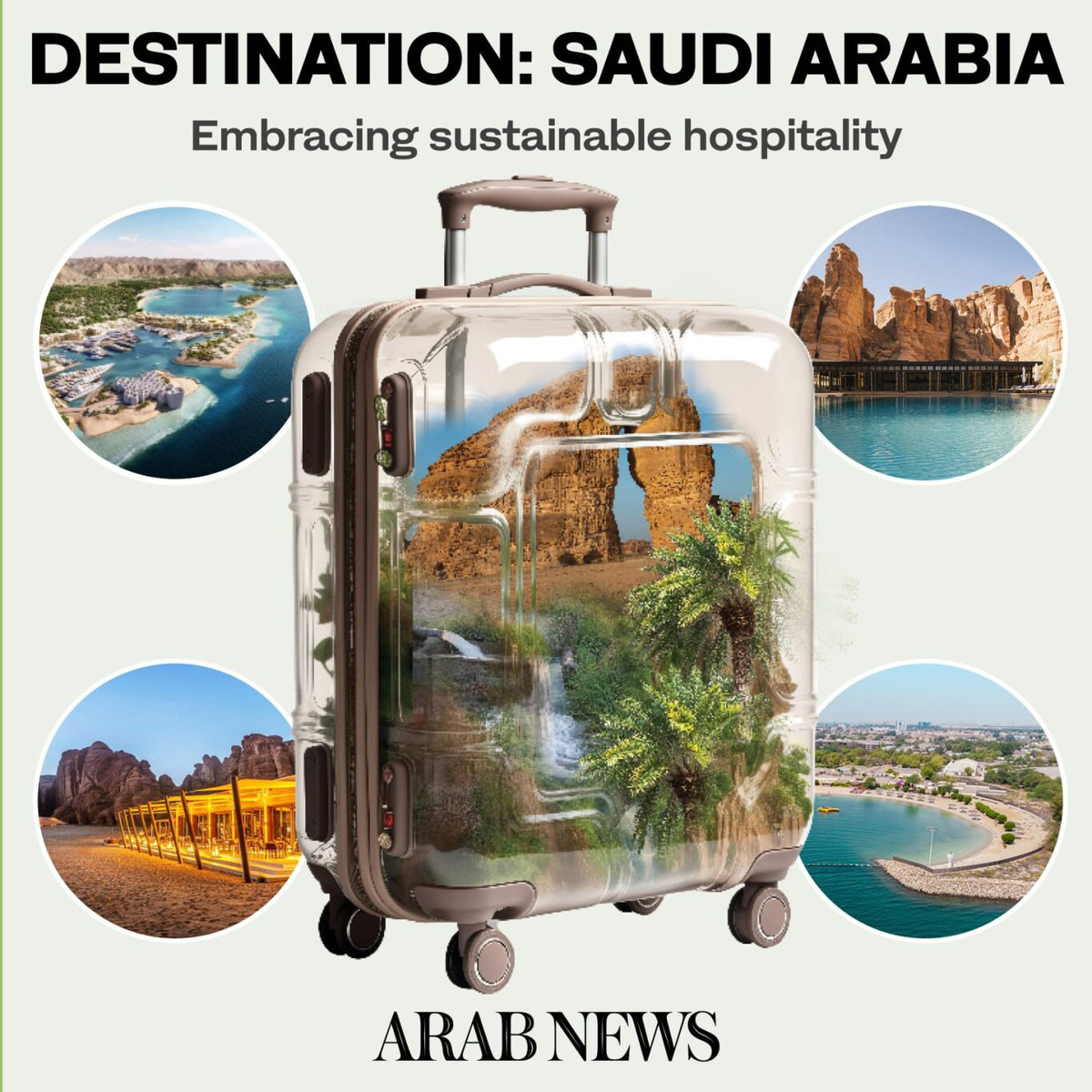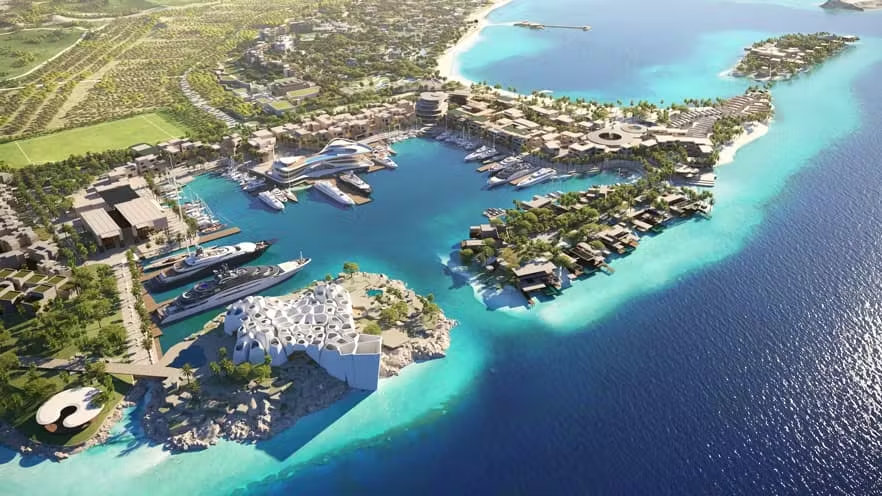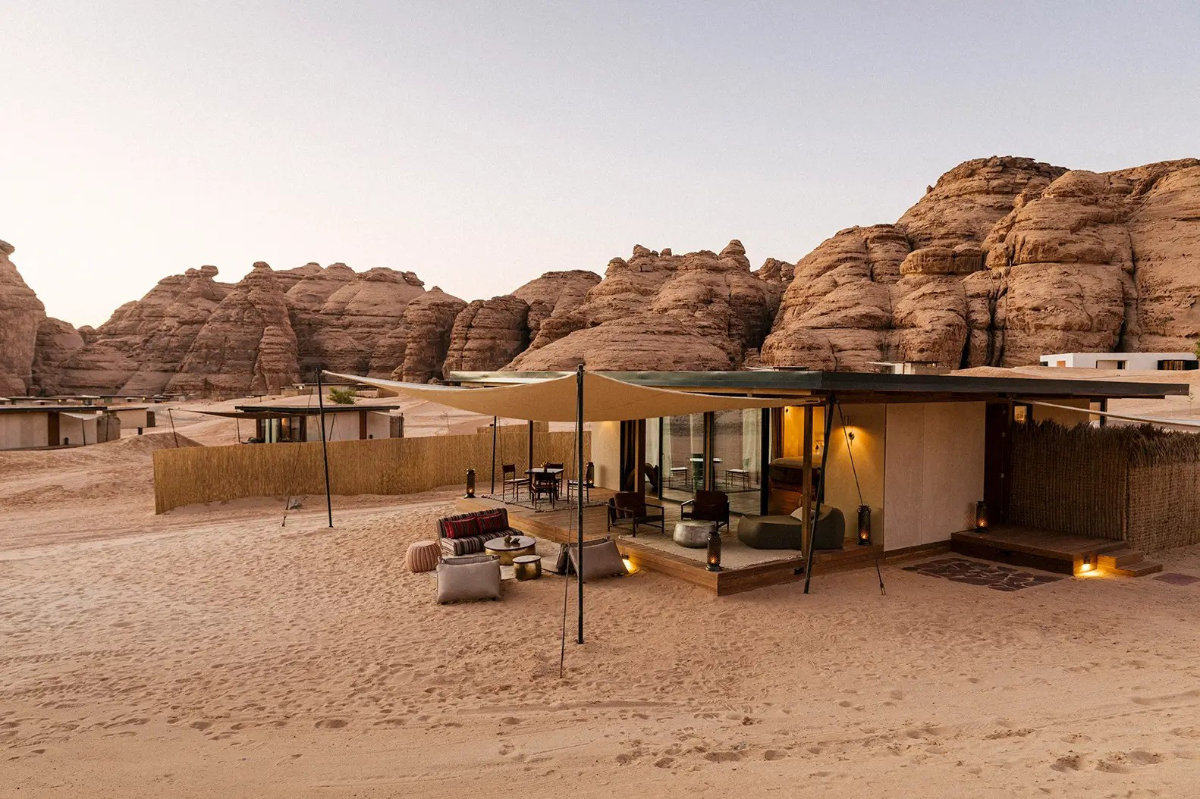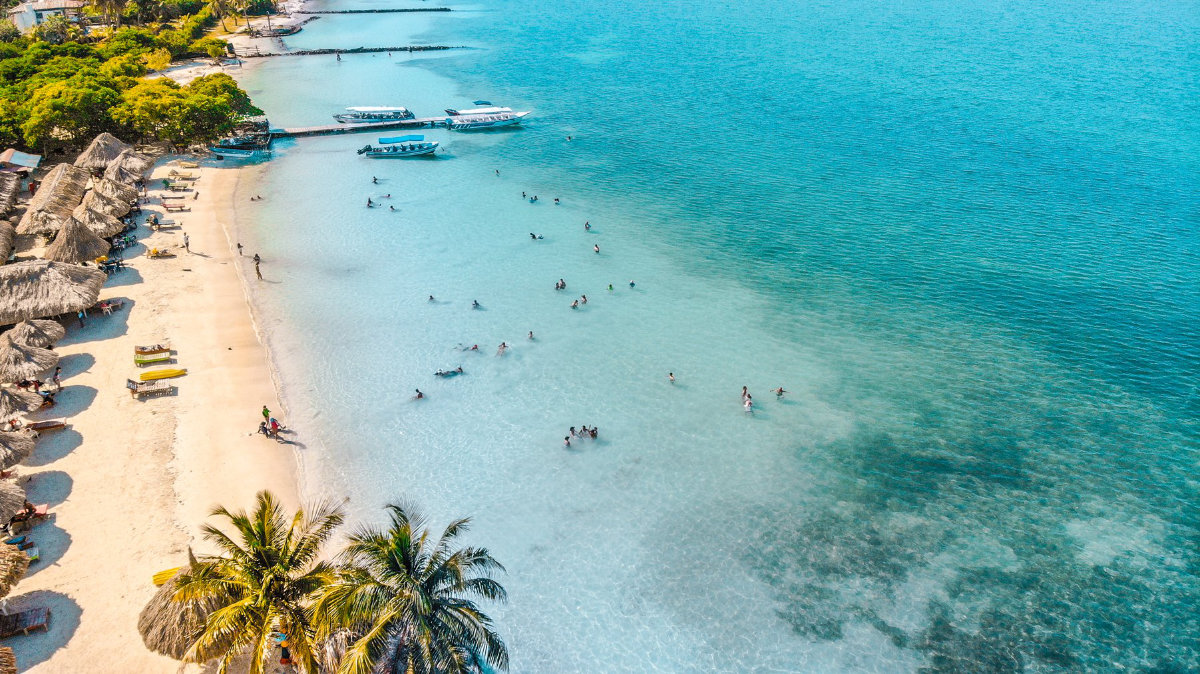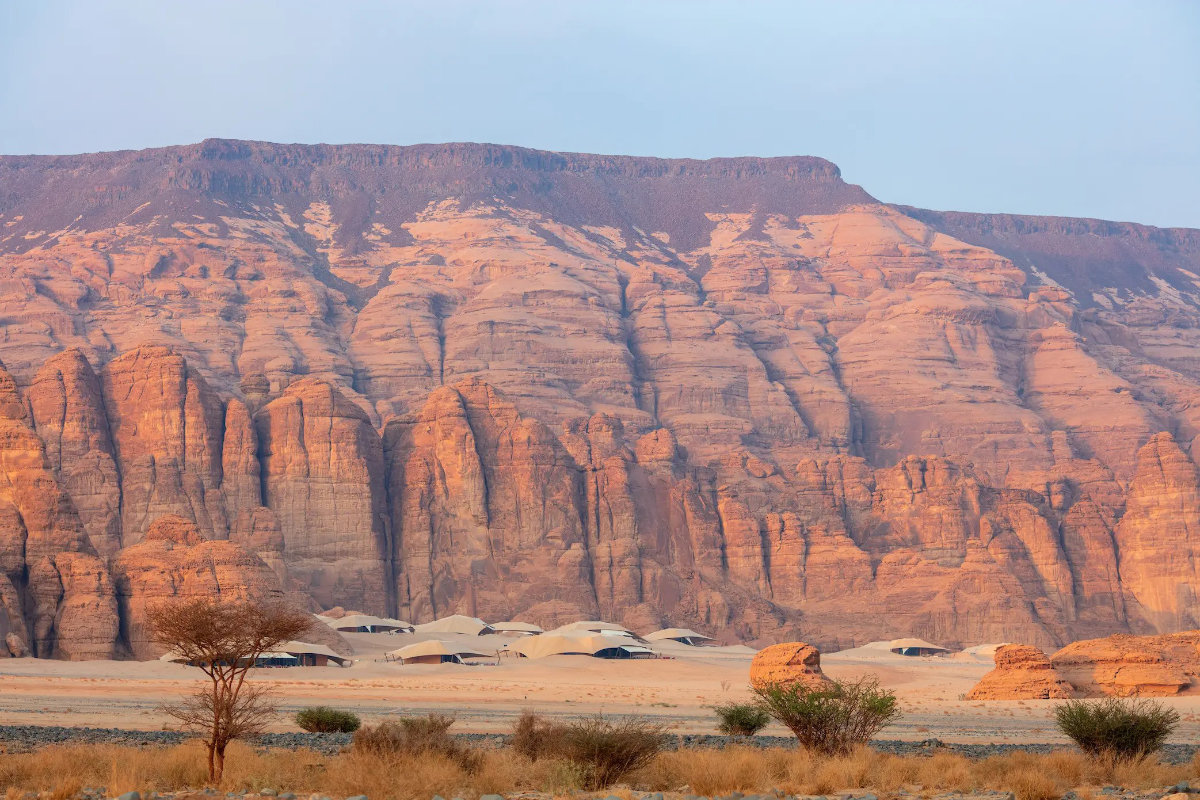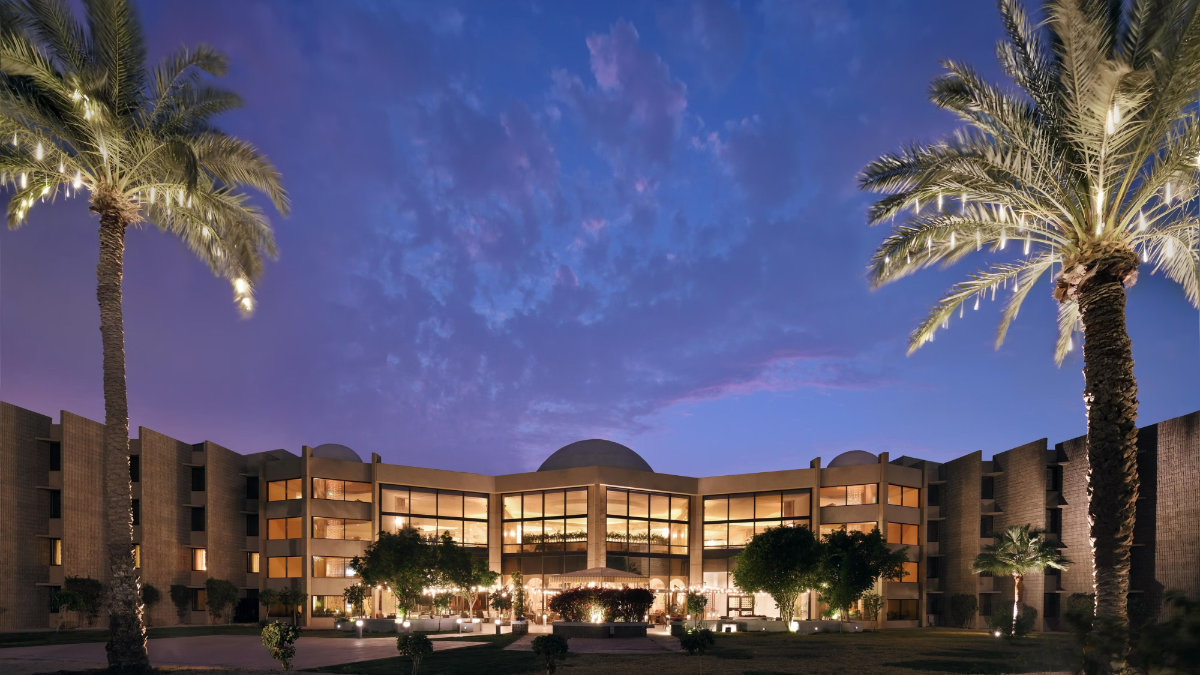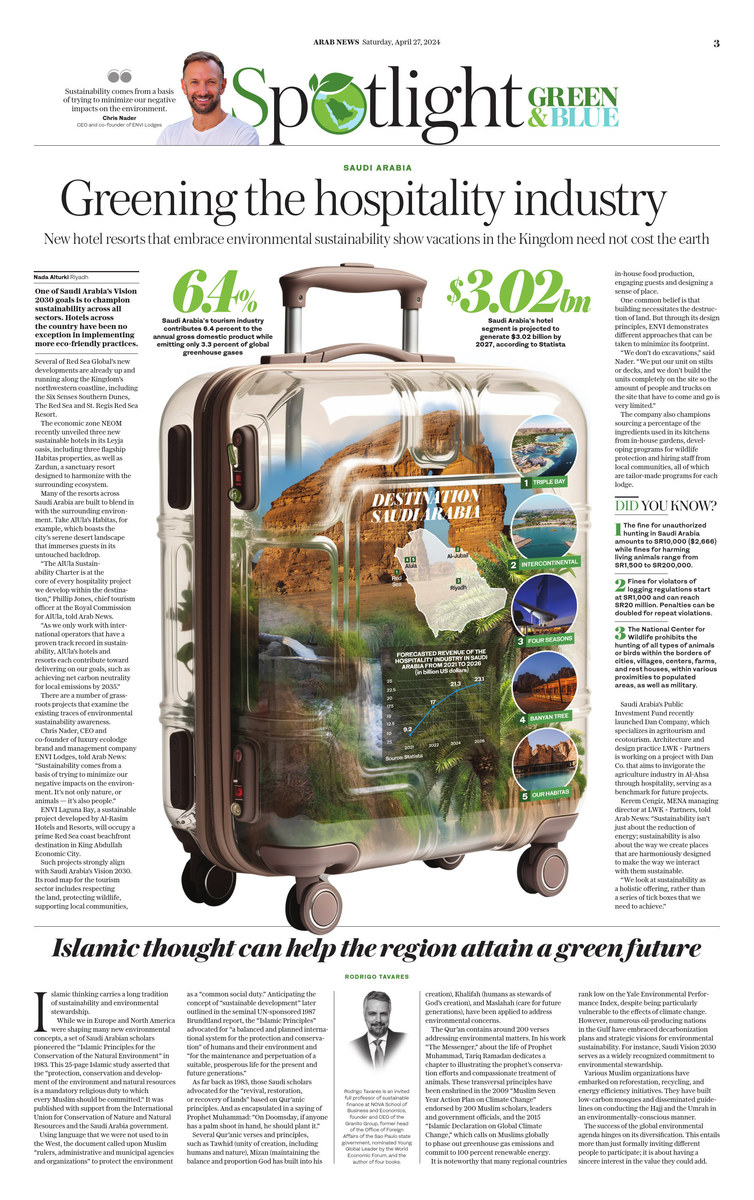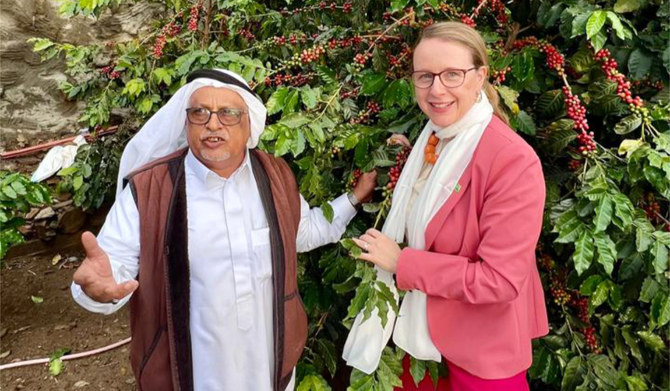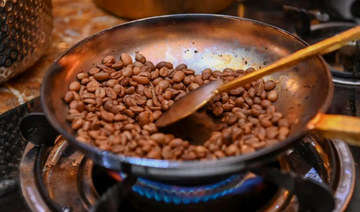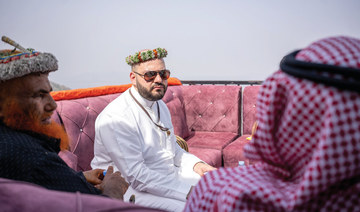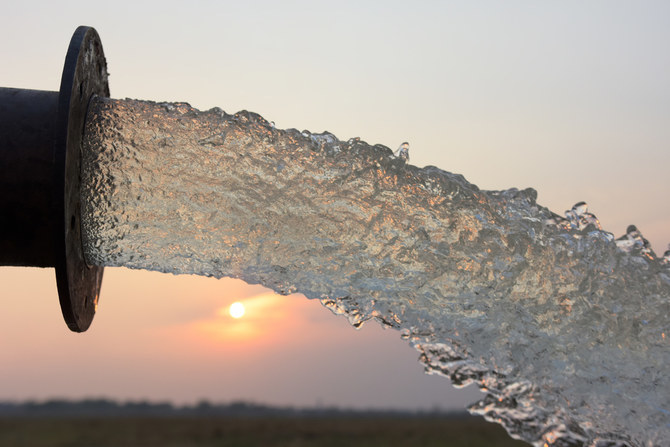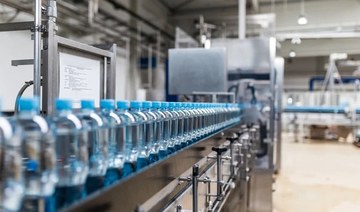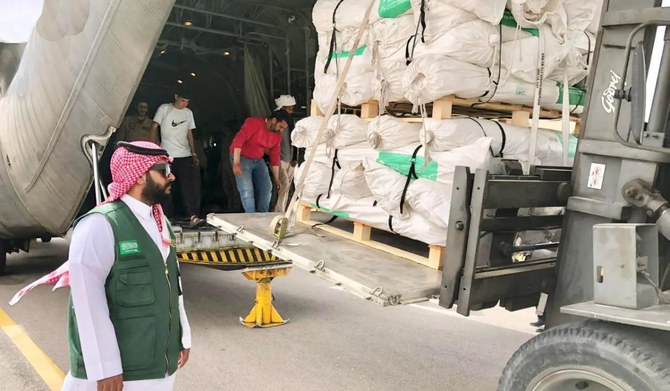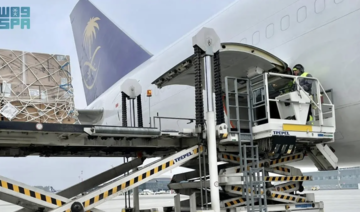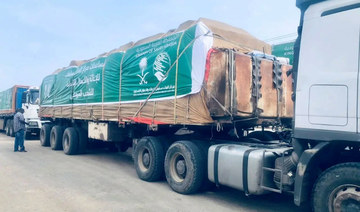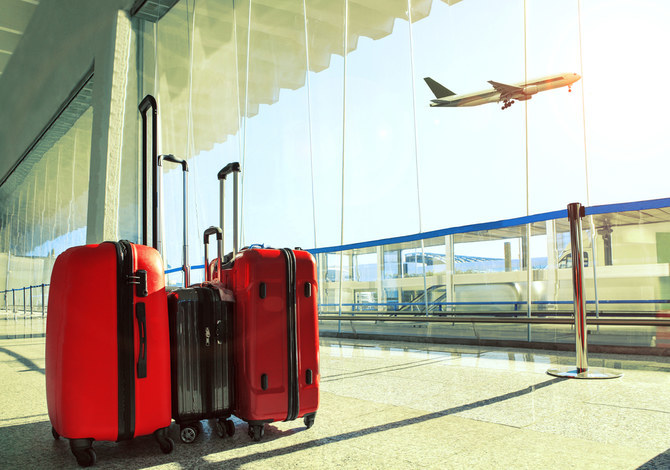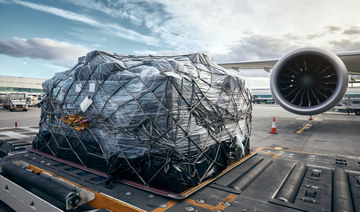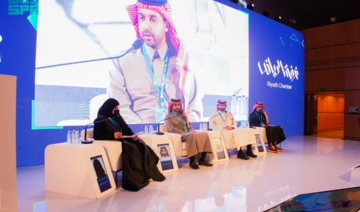The seats have been filled, the popcorn bought and, for the past 12 months, the magic of the movies has been casting a spell over the Kingdom, where the buzz of the big screen had been a dim and distant memory. It has been a year since, as part of the country’s Vision 2030 program of reforms, Saudi Arabia lifted a 35-year ban on cinemas, paving the way for theater chains to unveil ambitious plans to open hundreds of cinemas, with thousands of screens, across the nation in the next decade. And moviegoers just cannot get enough of it, regularly packing out screenings at the first venues to open in Riyadh and Jeddah.
To mark the first anniversary, Arab News asked entertainment chiefs what they have learned from Saudi audiences since that historic first screening of Marvel’s “Black Panther” on April 18, 2018 at the AMC cinema in Riyadh’s King Abdullah Financial District.
Superhero fantasies, comedies and action dramas have proved most popular with audiences, who have flocked to a mix of global box-office hits and regional films.
VOX Cinemas — Saudi Arabia’s biggest movie operator, with plans to invest SR2billion ($533 million) to open 600 screens by 2023 — said it released 114 films across the Kingdom in the past year. The biggest money spinner was Marvel superhero movie “Captain Marvel,” which broke through the billion-dollar global box-office barrier this month — followed by “Cold Pursuit,” an American black-comedy action film starring Liam Neeson, and “Aquaman,” another superhero movie, this time based on a DC Comics character
Rounding out the top 10 list was M. Night Shyamalan’s fantasy-drama sequel “Glass,” Egyptian comedy “Nadi Elregal Elsary,” horror thriller “Us,” science fiction thriller “Alita: Battle Angel,” US superhero film “Shazam!”, Egyptian comedy “El Badla” and Hollywood comedy-drama “The Upside,” according to Cameron Mitchell, CEO of Majid Al-Futtaim Cinemas, of which VOX Cinemas is a subsidiary. “El Badla” had the distinction of being the longest-running film in the country over the past 12 months.
VOX Cinemas was granted its license to operate in the Kingdom in April last year and opened its first multiplex in Riyadh Park in the same month. It has four screens, including an IMAX screen and VOX Kids, the first dedicated children’s theater in the Middle East.
“Since launching Saudi Arabia’s first multiplex in April 2018, the Majid Al-Futtaim group has been delighted by the response from our guests in the Kingdom,” said Mitchell. “In the 12 months since obtaining our license, Majid Al-Futtaim has built five locations with a total of 47 screens, and is planning to open at least another 70 screens this year, on track to reaching our goal of 600 screens in Saudi Arabia by 2023.”
VOX now has three additional locations in Riyadh: a luxury cinema in Kingdom Tower, which opened this week; Al-Qasr Mall; and The Roof in Alyasmin District. This year the chain also opened the first multiplex in Jeddah, at Red Sea Mall.
“Our Saudi Arabian team is proving to be talented and passionate, and is offering a service level and entertainment experience comparable with the highest international standards, with particularly our VOX Kids and IMAX experiences delighting guests in Riyadh and Jeddah,” said Mitchell.
“We are honored to be supporting the 2030 Vision of Saudi Arabia, which noted that ‘culture and entertainment are indispensable to our quality of life,’ and our teams will continue to work tirelessly to meet our vision of creating great moments for everyone every day.”
Films are proving so popular that cinemagoers are having to book well in advance, and Mitchell said 95 percent of the tickets so far sold for Riyadh Park — which screened 82 films in 2018 — were booked online.
“We see this trend continuing with all new openings, as guests want to ensure they are securing seats,” he added.
VOX now has 39 screens and plans to open a further 110 by the end of the year. These will include the first multiplexes in the Eastern Region and Tabuk.
Collectively, VOX and another leading operator in the region, Carnival Cinemas, plan to open nearly 1,000 screens across the Kingdom, according to experts at the Cinema Build KSA Forum in Riyadh this month, which was organized to explore opportunities in the emerging sector.

“Carnival envisions operating about 300-plus screens over the next five years in the Kingdom of Saudi Arabia,” said Sunil Puthan Veettil, the company’s managing director. “Our mission is to take a good-quality movie-watching experience close to the people in the country. For this, we have made a study of all the provinces and identified several locations, subject to approval. Our idea is to move to all these provinces to set up entertainment centers and to make Carnival synonymous with cinema across the country.”
During the forum, Saudi officials estimated that by 2030, the number of cinemas in operation could be as high as 350, with as many as 2,500 screens.
Cinema operating licenses have also been awarded to: AMC Theaters, an American chain owned and operated by Wanda Group; the Al-Rashed Empire Cinema Consortium, which plans to build 30 theaters in the country over the next three years; and Lux Entertainment, in partnership with Cinepolis, the biggest cineplex chain in Mexico, Al-Hokair Group for Tourism and Development, a Saudi-based hospitality and entertainment group, and Al Tayer Group, one of the leading companies in the field of retail operation in the UAE and the wider GCC.
Lux announced in October plans for 300 screens in 15 cities across Saudi Arabia by 2030.
Other operators, including Gulf-based Novo Cinemas, which has announced it is in talks to roll out in Saudi Arabia, have also registered an interest.
John Sullivan, director of The Light Cinemas, a British independent chain, said it recently joined forces with new cinema brand Muvi to launch the Kingdom’s “very first all-Saudi Arabian cinema group,” which plans to open 15 locations across the country, including in Riyadh and Dammam.
“I think it is crucial for property owners in particular to understand their responsibility for figuring out what the cinema will deliver to their assets, and how to deliver that, rather than abdicate their responsibilities to others,” he said.
Regarding the investment opportunities that have opened up in the Kingdom, Sullivan added: “The market at the moment is emerging; we don’t know where it will go. I’ve opened cinemas now in 30 countries around the world and every single one of them is entirely different, so you will not know what’s happening in cinemas here for probably one to two years; then we will have a better understanding of the market.”
Gino Haddad, the managing director of Empire Cinemas, said that the potential Saudi market “is estimated to be almost as big as the whole (of the rest of the) Middle East.”
“So when the market opened up for cinemas, all the operators had full eyes on the Saudi market because it means big numbers,” he added. “We are estimating the market at least to be up to 2,000 screens, and we are very much interested in developing this market.
“We also want to focus on the educational side of cinema; we want to help bring up the new generation to understand and to live with cinema and perceive it not only as entertainment, but also as their future careers.”
The General Authority for Entertainment has indicated that SR267 billion is needed to build suitable infrastructure to serve the entertainment sector across the Kingdom, with expected investments in the sector expected to reach SR18 billion annually, according to a 2018 report from Flanders Investment and Trade.
This month, the Saudi government announced that SR131 billion will be invested in building cinemas and theaters, mainly in Riyadh, Jeddah and Dammam.
According to a study by PwC Middle East, a global advisory firm, the Kingdom’s cinema industry — which will serve a population of more than 32 million, the majority of whom are under the age of 30 — is expected to generate $1.5 billion in annual revenue by 2030.
“The world is witnessing Saudi Arabia’s confident steps toward an unprecedented era of social and economic reforms,” said Leila Masinaei, a managing partner at Great Minds Event Management, which staged the Cinema Build KSA Forum.
“The lifting of the cinema ban opens doors to untrodden ground for investments and lucrative revenue streams for the Kingdom.”




